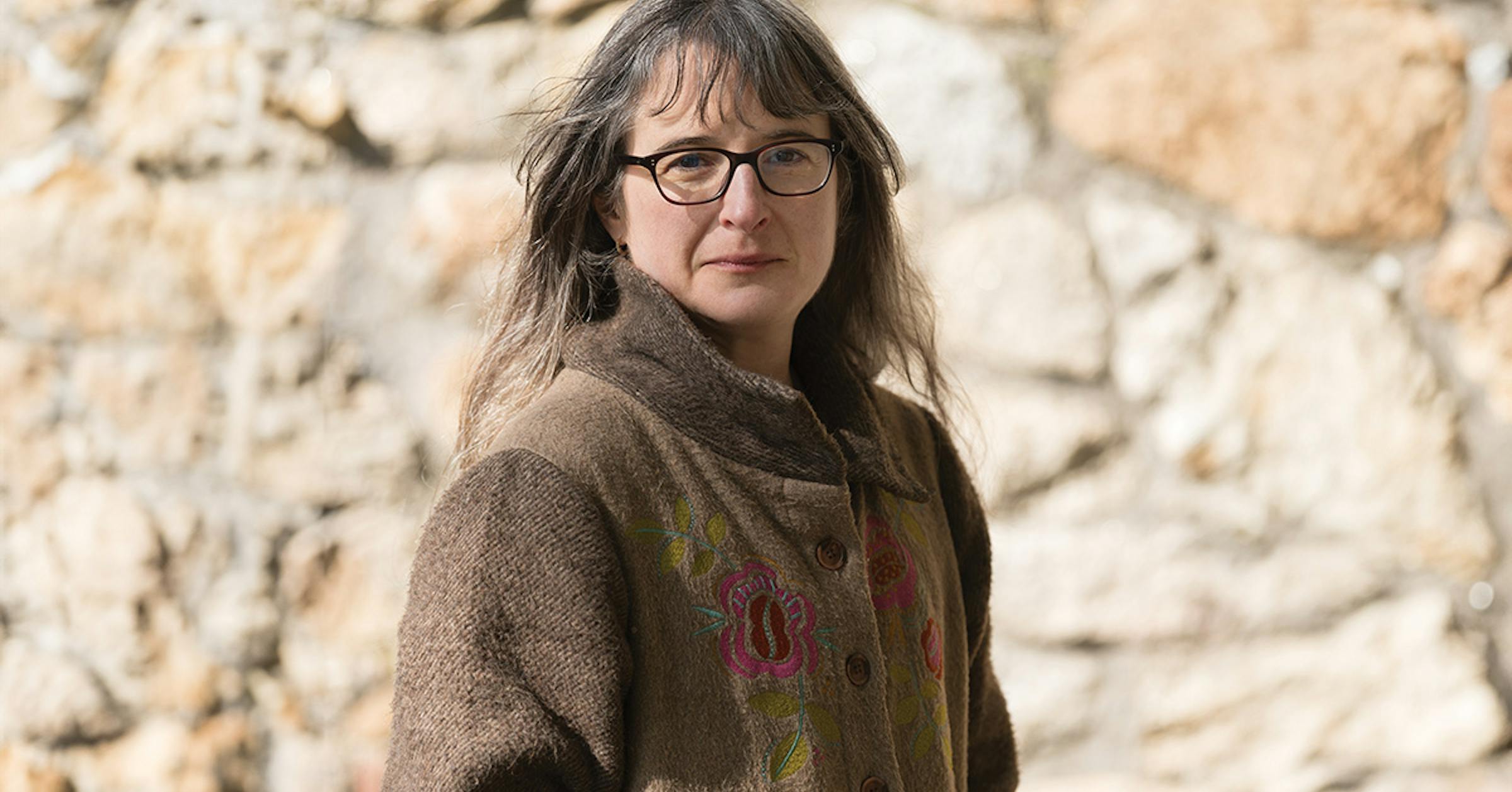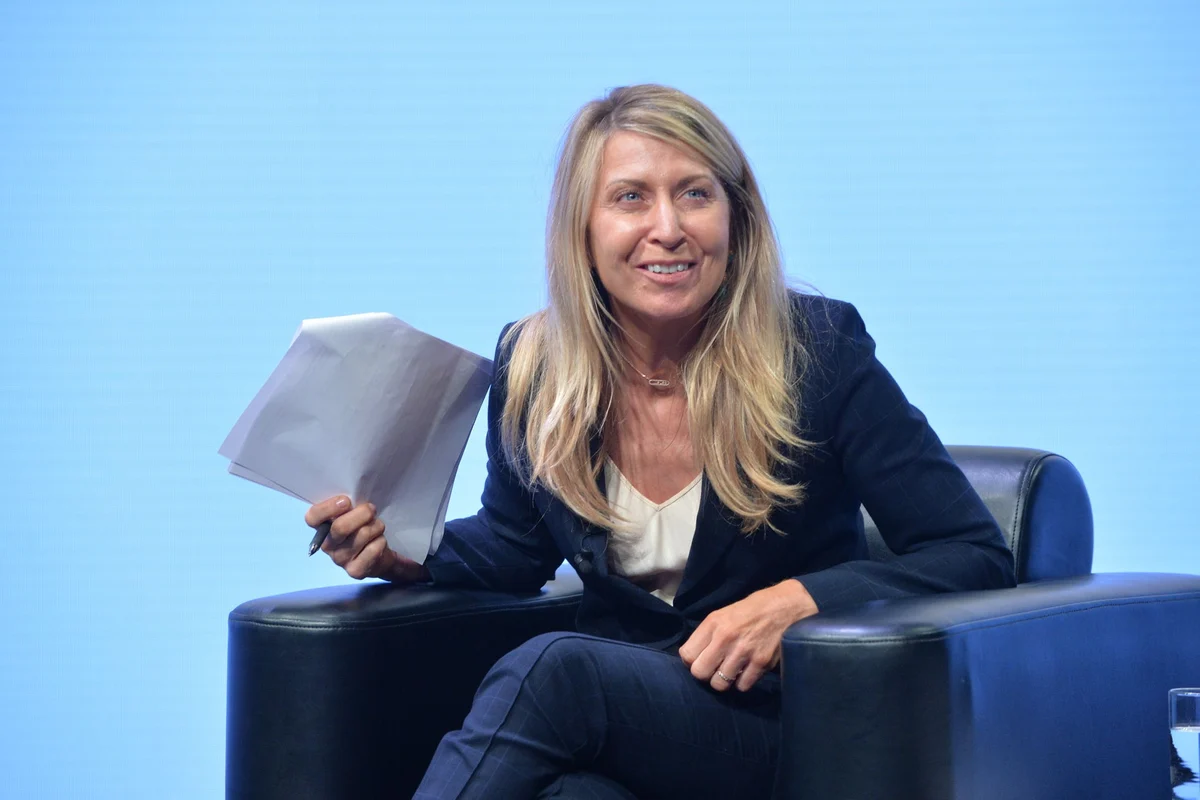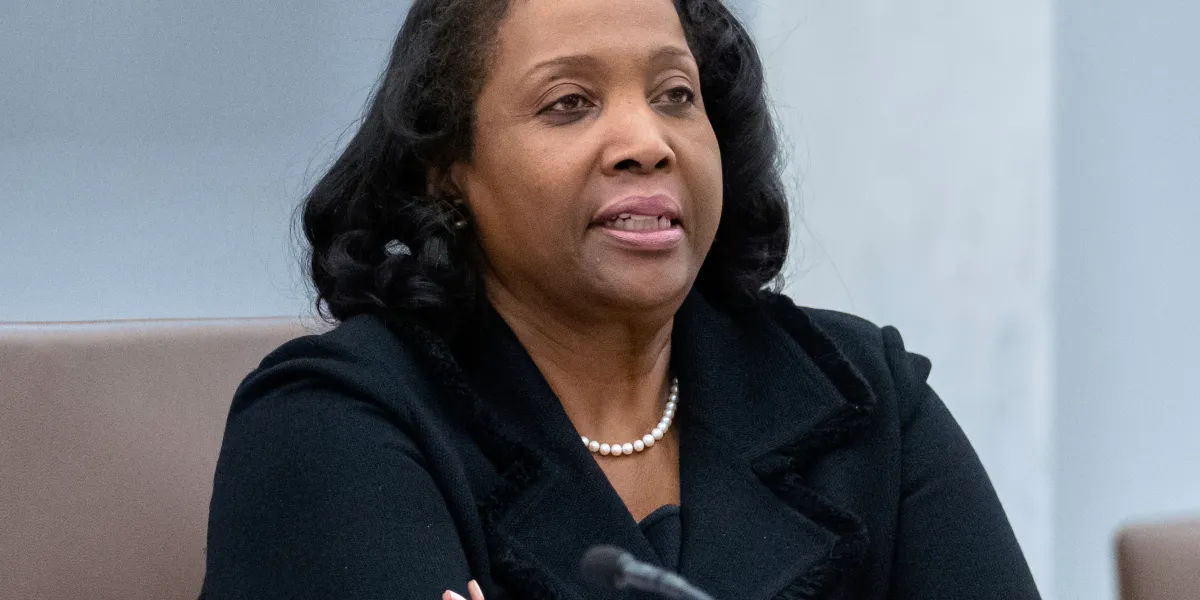By Tass
Copyright tass

NEW DELHI, September 19. /TASS/. Attempts to reform the UN Security Council resemble a Sisyphean task, with slim chances of success; however, India must continue to raise this issue to remind the world of its right to a full seat in the Security Council, Robinder Sachdev, president of the Indian analytical center Imagindia Institute, told TASS, commenting on UN Secretary-General Antonio Guterres’ remarks on the need for reform.
“What Guterres is saying is what India has been saying for so long, and some other nations also, that the world of 2025 is very much different than the world of 1945. And as I said, this is a new world matrix under construction. This is a new era in the 21st century. But unfortunately, the UN will not be able to reflect it,” the expert stated.
In Sachdev’s view, the UN Security Council in its current form has turned into a discussion club incapable of influencing real conflicts. “They may score good arguments, and you may win a debate when talking one side or the other. But as far as it comes to the mechanics of it, I do not see the UNSC performing. There is no sense other than keep trying,” he pointed out.
He did not rule out the possibility of certain changes if the UN General Assembly succeeds in consolidating and presenting a united front. However, the expert noted that the likelihood of this remains low. Still, Sachdev emphasized that it is crucial for India to continue pressing for reforms. “India will keep trying, must keep trying, and will keep asking at each and every forum rightfully that this should be reformed, because also it indicates to the world of the politics. Each time India raises its voice about reforms of the UN, the global South also realizes it,” he concluded.
On September 16, Guterres said reform of the UN Security Council is necessary because its current composition reflects the world of 1945 rather than today’s reality, which raises questions of legitimacy and effectiveness. The secretary-general is “sympathetic” to proposals, particularly from France and the UK, to limit the veto power, especially in situations involving widespread human rights violations.



